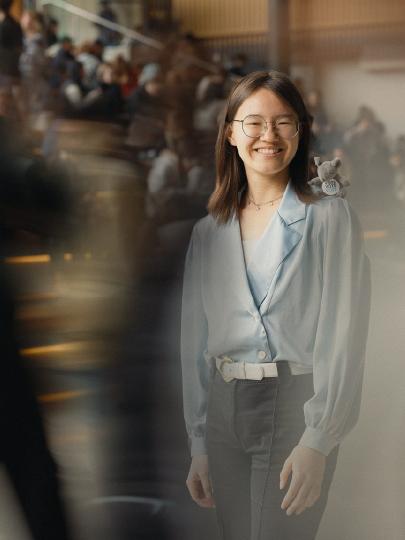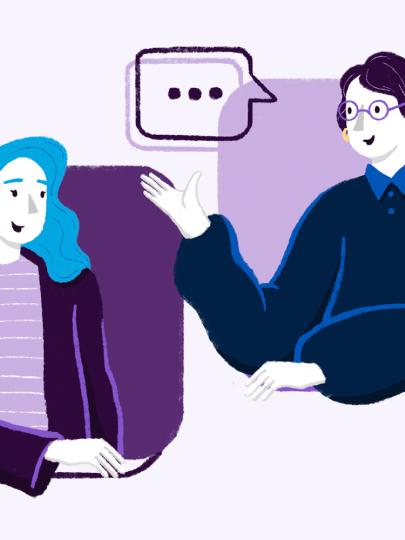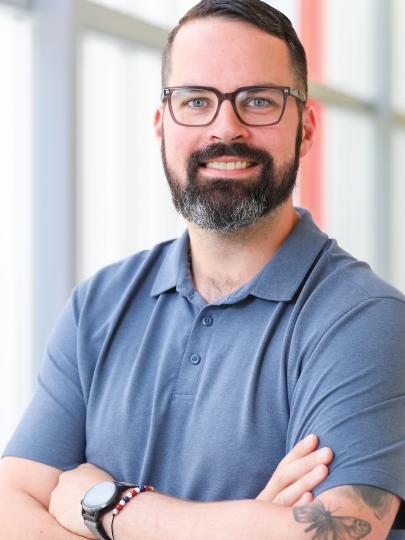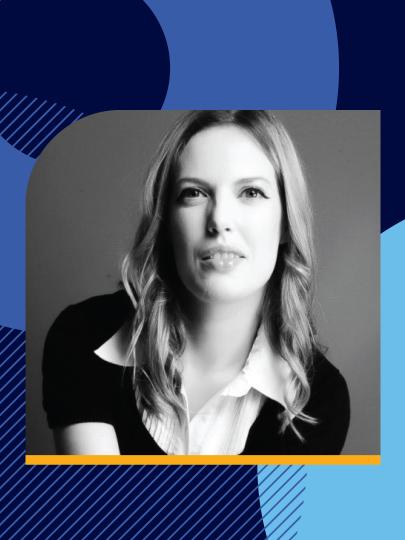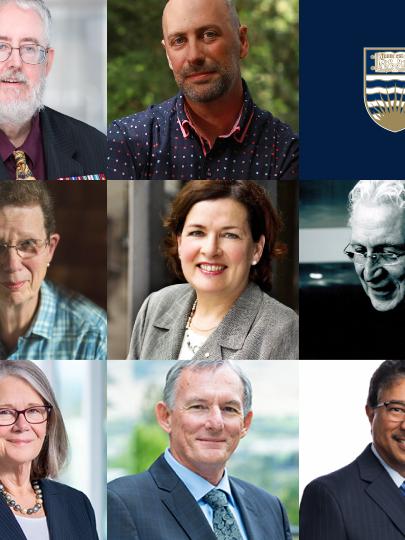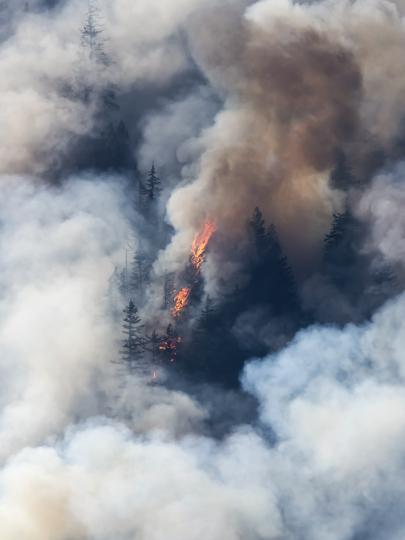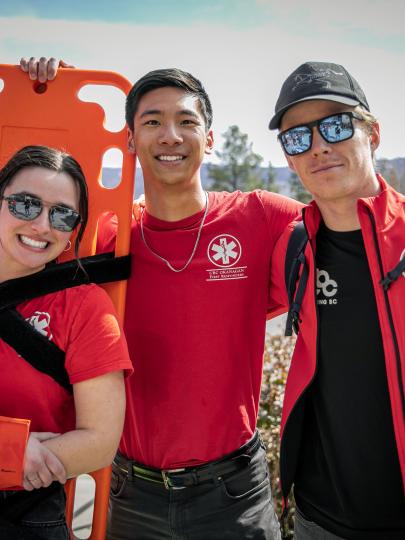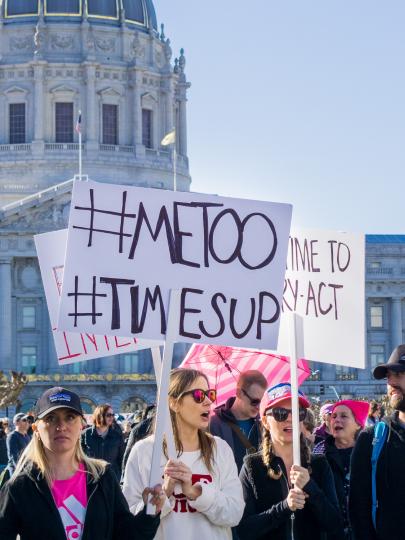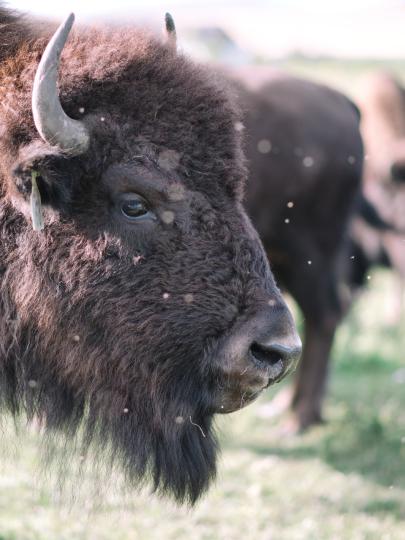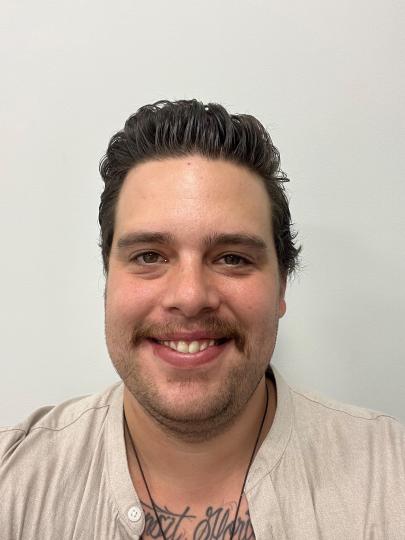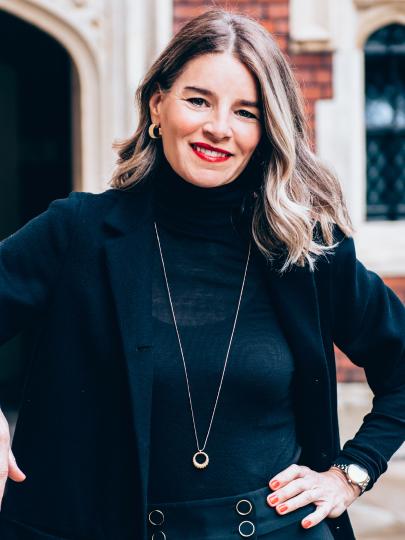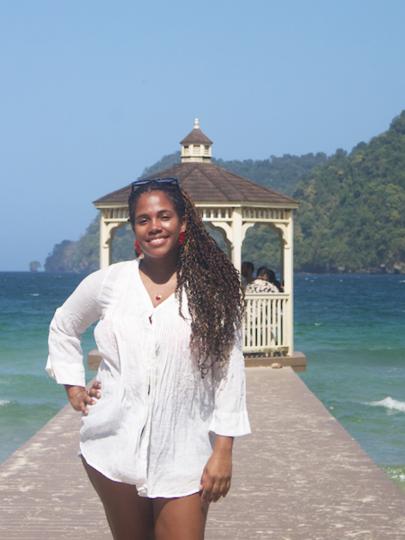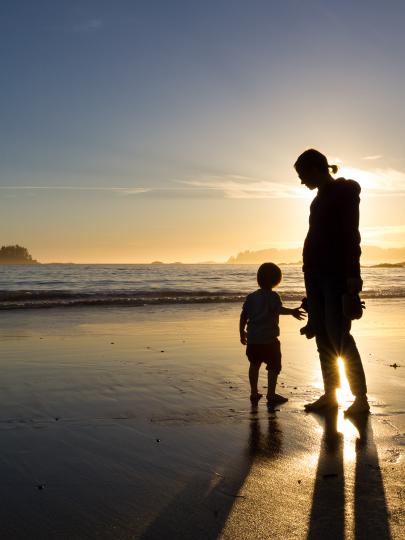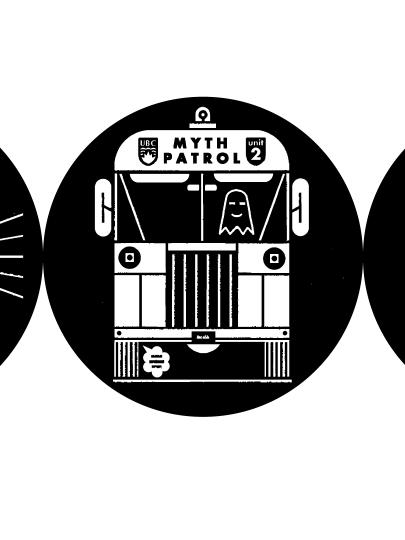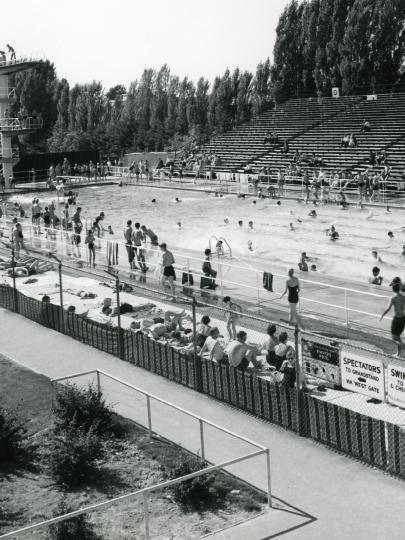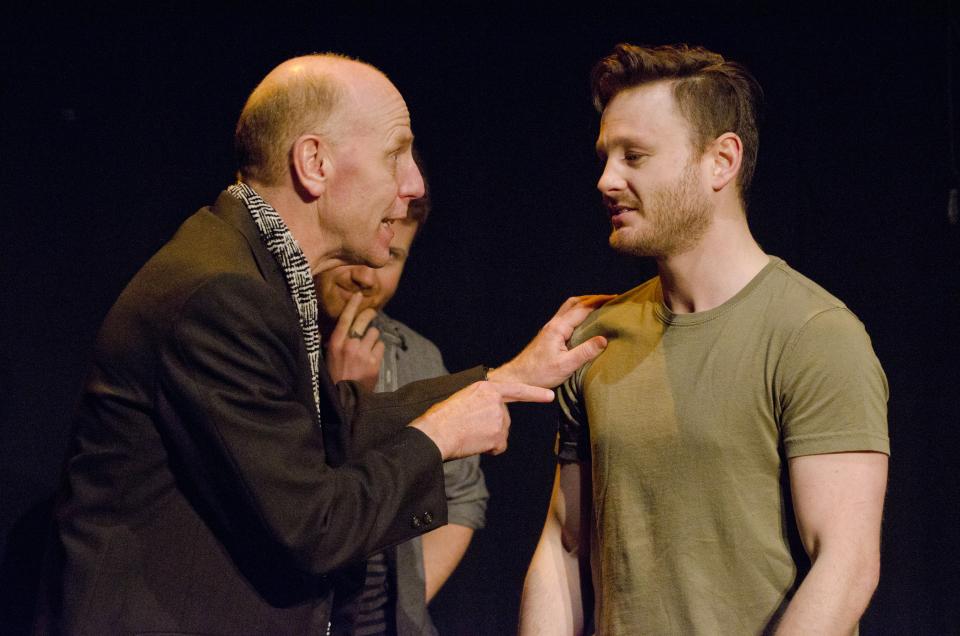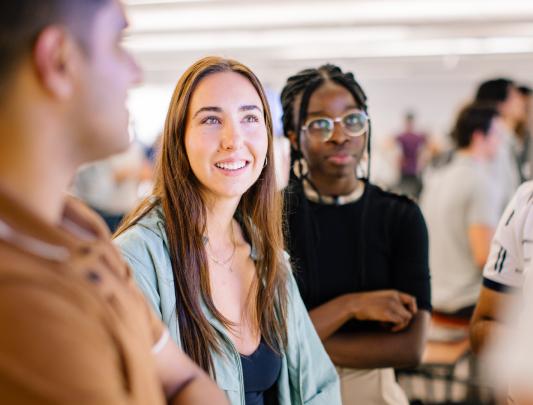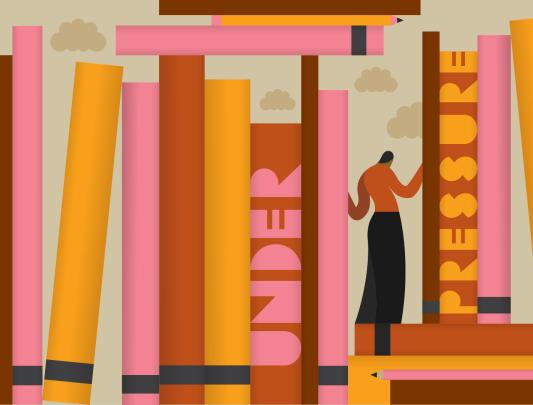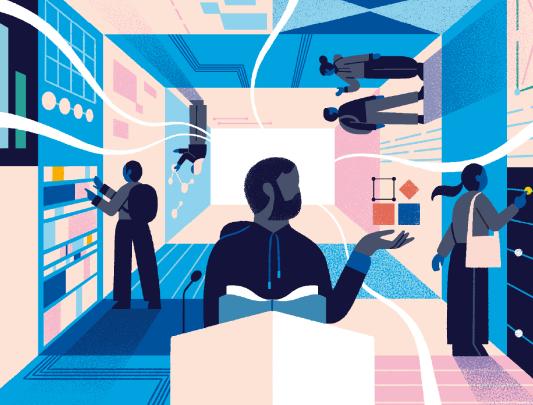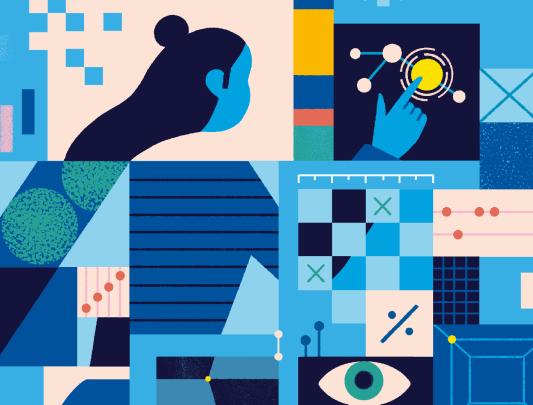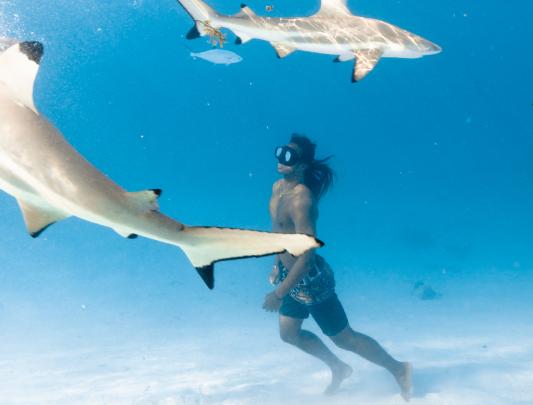Wounded Soldiers
Scenario 1: A soldier guarding a checkpoint outside Kandahar, Afghanistan, sees a young boy racing toward the barriers on a bicycle. A number of signs on the road warn against approaching the barrier – unidentified persons will be shot – but the boy ignores them. He’s 100 yards away, then 75, then 50. The soldier raises his gun. Is the boy wrapped in explosives? Once close enough, will he toss a grenade? The soldier has to think fast. If he doesn’t shoot and the boy is bent on destruction, he and his comrades will be killed. The soldier takes aim and begins to squeeze the trigger, but the boy veers off, waves, and rides up a side street.
Scenario 2: A soldier in a communications truck hears of a roadside bomb going off, killing and injuring soldiers on patrol. He immediately calls in for medical support, but is told the area is too dangerous, that a sniper has been spotted on a rooftop nearby. He orders a strike against the sniper, who is then cut in half by fire from a helicopter. The sniper, however, turns out to be an allied soldier who was guarding the scene from enemy fire.
Scenario 3: A soldier on patrol with a small group of comrades steps aside to adjust a piece of equipment and doesn’t notice a man rushing out of a nearby destroyed building. He flings a package at the soldiers and it explodes, killing one and injuring two others. Had the soldier not paused to adjust his rigging, he is sure he would have seen the man and stopped him.
Experiences like these – and others even more horrific – are the scenes that bore into the minds of many returning soldiers and haunt them the rest of their lives. Constant thoughts of guilt, self-loathing and “why was I spared?” go hand in hand with triggers – sirens, loud, unexpected noises, or even a child crying in a grocery store – that can pull the vet back to the initial incident with startling realism. Adrenalin explodes in the vet’s brain, causing panic, disorientation and even thoughts of suicide. Normal, everyday life becomes an elusive concept.
Post traumatic stress disorder (PTSD) has become a common theme in 21st century life. Whether affecting residential school survivors, bank tellers who have experienced violent robberies, or people who have survived or witnessed gruesome accidents, PTSD is now recognized as a real and debilitating condition that can negatively impact a person for life.
More than 80 per cent of returning Canadian soldiers are deemed medically fit: they have no visible wounds or injuries. But men and women serving as soldiers in war situations are, as a group, some of the most frequent victims of PTSD in North America. Movies and novels tell us of the horrors of war, but it’s a rare piece of fiction that captures accurately what happens to the returning vet. Attempts such as the 1946 Oscar winner, The Best Years of Our Lives, and 1978’s Coming Home, deal with these issues, but miss the grim realities many soldiers experience.
lestweforgetCANADA mural and the Tribute Pole
Vancouver artist Foster Eastman created the lestweforgetCANADA mural as a backdrop to Contact! Unload. The Tribute Pole, carved by veterans under the supervision of master carver Xwalactun, was also featured in the performance in London. It’s carved from two caskets, and represents soldiers lost in combat. Gordon Campbell, former Canadian High Commissioner to the UK, was so impressed with the performance and the Tribute Pole, he asked that it be permanently installed at Canada House in London.
Therapeutic Enactment
Enter Marv Westwood, professor of Counselling Psychology (now emeritus) at UBC. In 1999 he began the Veterans Transition Program (VTP) to support soldiers with stress-related injuries returning from the Bosnian conflict. He developed a strategy called Therapeutic Enactment, whereby groups of vets could re-enact their traumatic experiences and view them from a different perspective, allowing them to deal more directly with the debilitating emotional impact they carried. By the mid 2000s, Westwood’s methods had achieved wide acceptance and he was recognized with the Queen’s Golden and Diamond Jubilee medals.
In an interview with the CBC in 2015, Westwood said, “If the veterans don’t drop all the baggage they’re dealing with, they risk going into a depression cycle, and post-depression is often suicide. With the support of the group they say they revisit the hardest thing in their lives, but that they drop the emotional trauma baggage related to it. Instead of a movie playing in their head or a video, it’s now just a photograph.”
Tim Laidler, BA’09, is one of the veterans who has benefited from Westwood’s methodology. He signed up with the Canadian forces in 2007, during his third year at UBC, and served eight months in Afghanistan. When he returned, he went back to his old fraternity, finished his degree and went on with his life. He was considered a success – one of the 80 per cent – only it didn’t feel that way. He’d be driving down the street when suddenly he’d be back in Kandahar, soaked with sweat, paralysed with anxiety. Scenes from his tour haunted his dreams, but when they began to haunt him in his waking hours, he knew he needed help.
“I connected with the program in 2008. It was an amazing process,” he says. Reliving the traumatic events was hard at first, but by the time the program was over he felt he understood those experiences better and was more able to cope. “There’s a hyper-masculinity culture in the military, where talking about your feelings is not part of the conversation. You just suck it up.”
Veterans Transition Network
Laidler found the program so effective that he began to look for ways to expand its reach. Eventually, he raised enough money to start a charity, the Veterans Transition Network (VTN), that would expand Marv Westwood’s therapeutic enactment methodology across the country. “When I started my therapy,” he says, “Marv was conducting two inputs a year at UBC, working with eight vets. Today, VTN operates 18 programs across the country, serving about 100 vets a year.” In total, more than 700 vets have accessed the program in Canada. Laidler became executive director of VTN, a position he held until last year, and today he chairs its board. In 2013, his achievement was recognized with a Young Alumni Award from alumni UBC, and in 2014 he completed his master’s in counselling psychology.
Contact! Unload
When Laidler wanted to find a way to promote the work of VTN, Marv Westwood introduced him to George Belliveau, PhD’02, a professor of theatre education at UBC. The three then teamed up with Vancouver artist Foster Eastman and submitted a grant application to men’s health charity, Movember Canada, to finance a play about the challenges vets face when they transition back home, based on experiences from vets who had gone through Westwood’s VTP program.
Belliveau, working with grad students and vets, co-developed a script with Graham Lea, MA’10, PhD’14, that expressed the anger, frustration and emotional baggage that vets often face when they come home. Foster Eastman is art director for the production and produced a 162-panel canvas mural representing fallen soldiers to serve as a backdrop. (See sidebar.)
The result, Contact! Unload, is a gritty, profane, moving account of the traumas experienced by six veterans of the Afghanistan conflict and the therapeutic approach used to overcome them. The vets work through those stories following Westwood’s therapeutic enactment method, to find a place where they can view those experiences without reliving the intensity, and without succumbing to the guilt, sadness and depression that they’ve felt since returning to civilian life.
“It’s a life-changing experience both for the performers and the audience members,” says Belliveau, who directs the play and also acts in it. After the performance, vets in the audience inevitably ask the performers how they can get involved. “It’s partly a PTSD awareness piece for the general public,” he says, “but it also shows vets in the audience that there is help available.”
The play was meant to run for just three performances at Granville Island in 2015, but since then has been performed in 15 other settings, including London, where a special performance was presented to Prince Harry. He was so moved by the production that he invited the players to perform it again at this year’s Invictus Games to be held in Toronto in September. The games, founded by Prince Harry, are designed to involve injured war vets in sports competitions as a way to create awareness of the injuries – both physical and psychological – suffered by those in service, and to inspire recovery in the participants.
Next Steps
Tim Laidler sees more ways for UBC to continue its support of returning vets, especially in the area of social mobility. “Soldiers coming home from WWII came in big waves and had jobs waiting for them, educational opportunities and enthusiastic public support,” he says. “Today’s vets come home in small numbers every few months, without much waiting for them at all. The ones without physical injuries, and those not already diagnosed with PTSD, are expected to pick up where they left off.”
Is there a role for universities? “Absolutely,” says Laidler. “Educational institutes need to open up spaces for veterans and expand programs to help integrate them back as productive members of society. Social mobility – the ability to advance in life through education and job opportunities – is an essential element for returning soldiers. UBC has historically been a huge support to Canada’s military effort, and it still has a big role to play.”
Contact! Unload
Note: These videos contain strong language.
